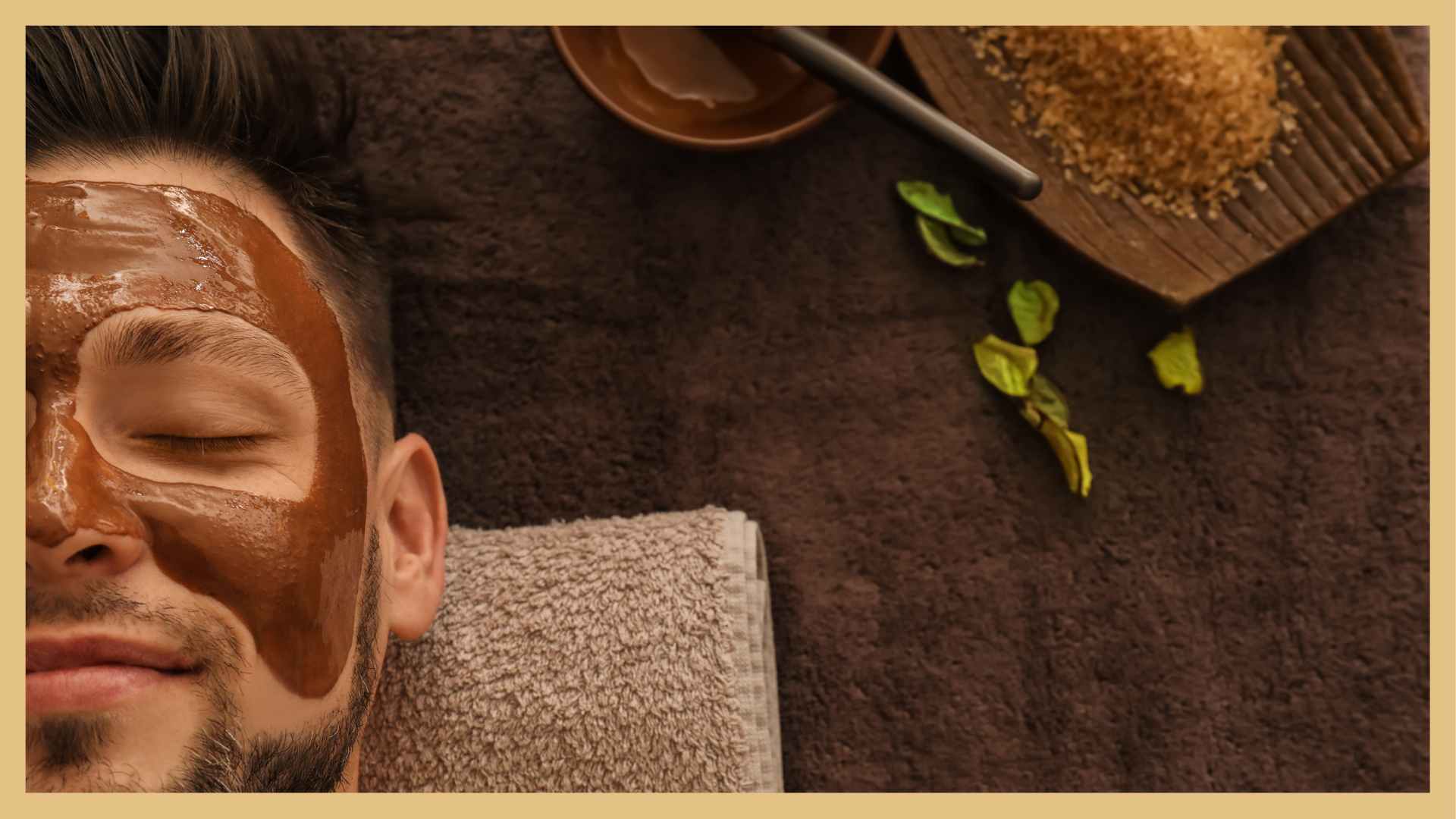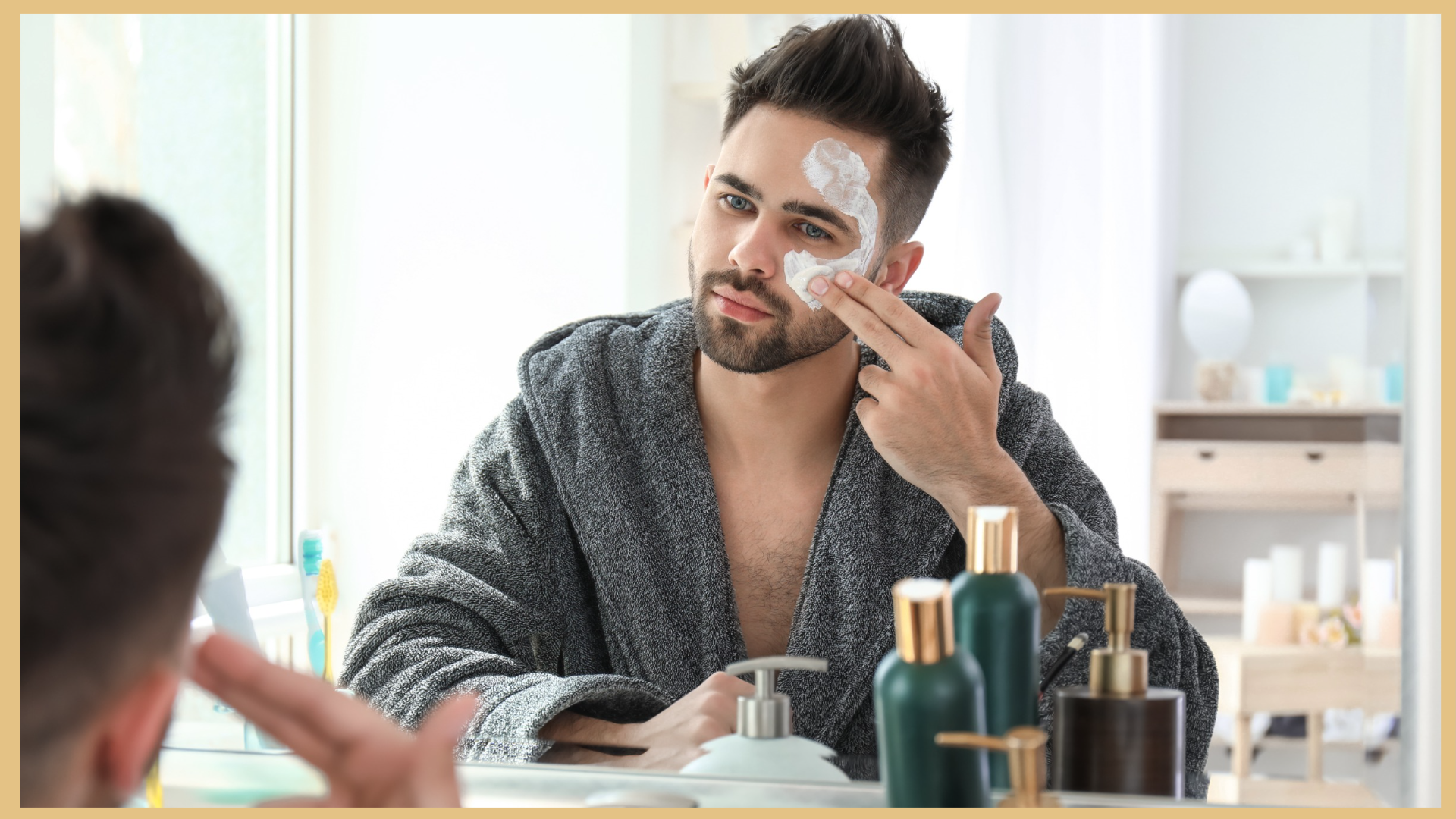
The Relationship Between Diet and Skincare for Men
We've all heard the saying, "You are what you eat." While this may not be entirely true, there is a significant connection between our diet and our skin's health. In this blog post, we will explore the relationship between diet and skincare for men and offer guidance on making better food choices for clearer, healthier skin.
1. The Connection Between Diet and Skin Health
Our skin, being the largest organ in our body, reflects our overall health. A balanced and nutritious diet not only benefits our internal health but also has a direct impact on our skin's appearance. Here are some ways diet affects skin health:
- Inflammation: Certain foods can cause or exacerbate inflammation, leading to skin issues like acne, redness, and irritation. Processed foods, sugar, and unhealthy fats are some common culprits.
- Hydration: Drinking enough water and consuming water-rich foods are essential for maintaining well-hydrated skin. Dehydrated skin can appear dull and more prone to fine lines and wrinkles.
- Antioxidants: A diet rich in antioxidants can help protect the skin against free radicals, unstable molecules that can damage skin cells and contribute to premature aging.
- Collagen production: Some nutrients, like vitamin C and protein, play a crucial role in collagen production, which helps maintain skin elasticity and firmness.
Understanding the link between diet and skin health is essential to make informed decisions about our food choices and support our skincare efforts from the inside out.
2. Foods to Include in Your Diet for Better Skin
To promote healthier skin, consider incorporating these foods into your diet:
- Fruits and vegetables: Packed with vitamins, minerals, and antioxidants, fruits and vegetables should be a staple in any healthy diet. Aim for a colorful variety to ensure you're getting a wide range of nutrients.
- Healthy fats: Omega-3 fatty acids, found in fatty fish, walnuts, and flaxseeds, can help reduce inflammation and support skin health. Avocado is another excellent source of healthy fats, as well as vitamin E, an antioxidant that helps protect the skin from free radical damage.
- Lean protein: Protein is essential for collagen production and skin repair. Choose lean sources, like chicken, turkey, fish, and legumes, to avoid consuming excess unhealthy fats.
- Whole grains: Opt for whole grains over refined carbohydrates to help control blood sugar levels and reduce inflammation. Quinoa, brown rice, and whole wheat are some great options.
3. Foods to Limit or Avoid for Better Skin
Just as some foods can benefit your skin, others can be detrimental. Here are some foods to limit or avoid:
- Sugar: Consuming high amounts of sugar can lead to inflammation and contribute to acne breakouts. Limit your intake of added sugars by avoiding sugary snacks and beverages.
- Processed foods: Processed foods often contain unhealthy fats, sugars, and artificial additives that can negatively impact skin health. Opt for whole, unprocessed foods whenever possible.
- Alcohol: Alcohol can be dehydrating, leading to dull, dry skin. Moderate your alcohol intake and always drink plenty of water to stay hydrated.
- Dairy: Some studies suggest that dairy, particularly skim milk, may be associated with acne breakouts. If you suspect dairy is causing skin issues, try eliminating it from your diet and see if your skin improves.
The connection between diet and skincare is undeniable. By making conscious food choices and maintaining a balanced, nutrient-dense diet, you can support your skin's health and appearance from the inside out. Visit https://www.chetmanly.com to explore our range of men's skincare products and learn more about how to keep your skin


